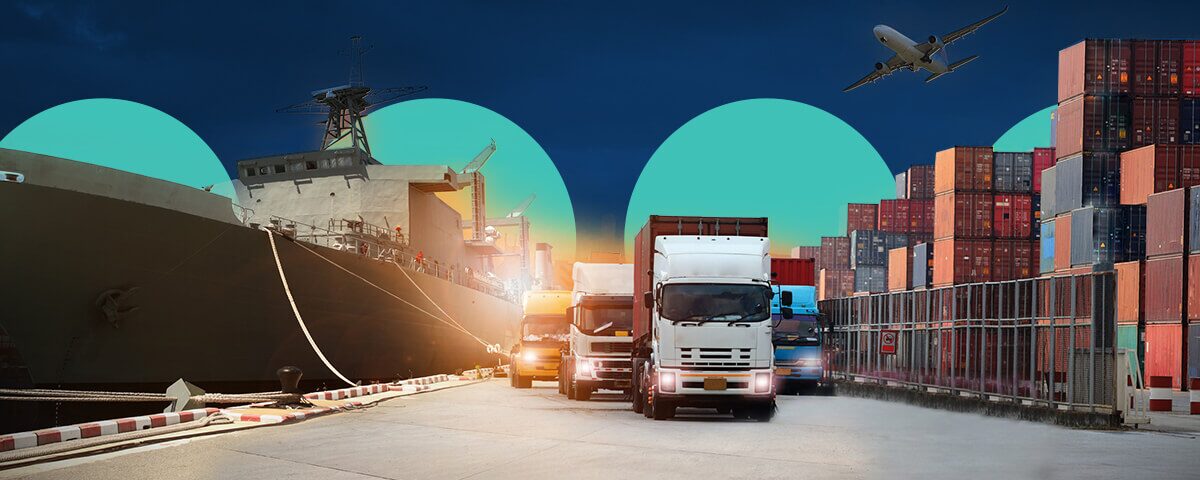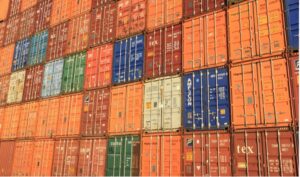Unlocking the intricacies of shipping your goods from China to Austria can feel overwhelming. But fret no more! This comprehensive guide empowers you to navigate the logistics with confidence, ensuring your shipment arrives efficiently and cost-effectively.
Understanding the Logistics of Shipping from China to Austria
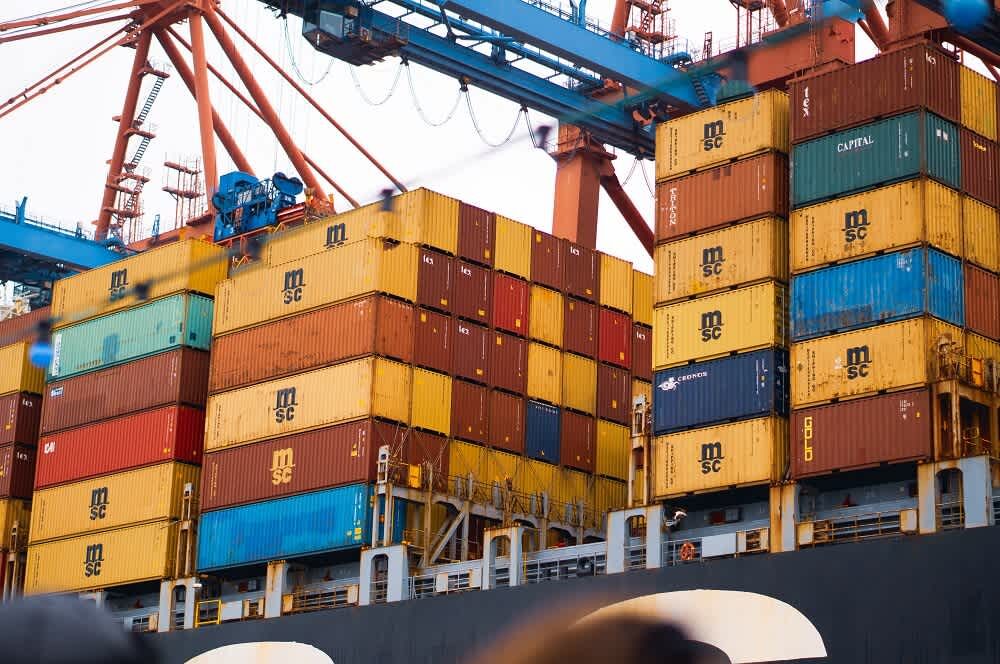
Shipping from China to Austria involves a well-coordinated dance between international freight companies, customs authorities, and potentially even multiple modes of transportation. Here’s a simplified breakdown of the process:
- Preparation: You’ll need to choose the most suitable shipping method (discussed later), package your goods securely, and prepare all necessary documentation for customs clearance.
- Collection and Consolidation: The freight company collects your shipment from the origin in China. If using Less-Than-Container-Load (LCL) shipping, your goods may be consolidated with others before being loaded onto a container or aircraft.
- Customs Clearance: Upon arrival in Austria, your shipment undergoes customs inspection to ensure it complies with import regulations and duties are paid.
- Delivery: Once cleared by customs, your shipment is transported to its final destination in Austria.
By understanding these core stages, you can better anticipate potential delays and ensure a smooth delivery process.
Different Shipping Methods Available: Finding the Perfect Fit
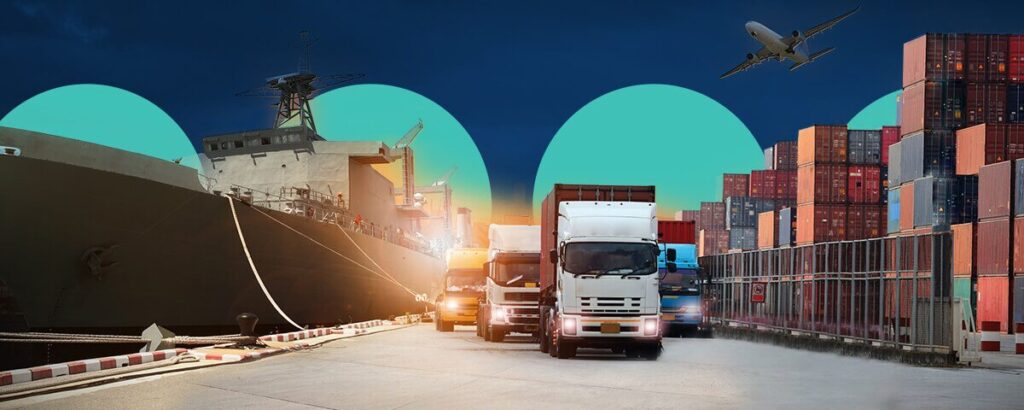
The ideal shipping method for your China-Austria journey depends on factors like the size and weight of your cargo, budget constraints, and desired delivery speed. Let’s explore the most common options:
- Air Freight: The fastest option, air freight gets your goods to Austria within 1-5 business days. However, it comes at a premium cost and is typically suited for smaller, high-value items.
- Sea Freight: The most cost-effective option, sea freight takes 30-50 days for delivery. It’s ideal for large shipments or non-perishable goods where speed isn’t a primary concern.
- Rail Freight: Emerging as a viable alternative, rail freight offers a balance between speed and cost. It takes roughly 15-20 days for delivery and can be a good choice for larger shipments where air freight is too expensive.
Pro Tip: Consider combining air and sea freight for a cost-effective yet faster solution. This approach, known as air-sea freight, involves flying a portion of the journey and then completing it by sea.
Customs and Import Regulations in Austria: Ensuring a Smooth Clearance
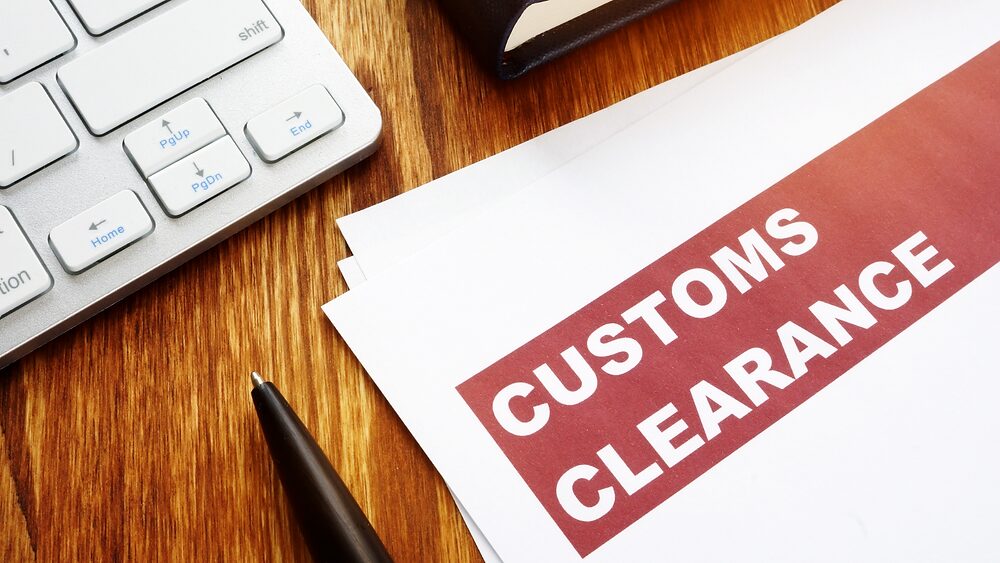
Austrian customs have regulations in place to protect the country’s borders and ensure the safety of its citizens. Here are some key points to remember:
- Commercial Invoices: A detailed commercial invoice accurately reflecting the value, description, and origin of your goods is essential.
- Duty and Tax Considerations: Depending on the value and type of your goods, you may need to pay import duty and value-added tax (VAT) upon arrival. Familiarize yourself with Austria’s import duty calculator to estimate potential costs.
- Restricted and Prohibited Goods: Certain items like weapons, agricultural products, and certain medications are subject to specific regulations or may be entirely prohibited. Double-check Austria’s customs website for a comprehensive list.
By ensuring your documentation is accurate and compliant, you can expedite customs clearance and avoid delays.
Calculating Shipping Costs: Budgeting for a Successful Journey
The cost of shipping from China to Austria can vary depending on several factors, including:
- Shipping Method: As mentioned earlier, air freight is the most expensive, followed by rail and then sea freight.
- Weight and Dimensions: The heavier and bulkier your shipment, the higher the cost. Freight companies typically base their rates on a combination of weight and volumetric weight (calculated by dimensions).
- Origin and Destination: The specific origin city in China and the final delivery location in Austria can influence the price.
- Fuel Surcharges: Be aware of potential fuel surcharges that may be added by freight companies based on fluctuating fuel costs.
Pro Tip: Obtain quotes from several reputable freight forwarders to compare prices and services before making a decision.
Packaging and Labeling Requirements: Protecting Your Goods for the Journey

Proper packaging safeguards your goods from damage during the long journey from China to Austria. Here are some key considerations:
- Use sturdy cardboard boxes or wooden crates appropriate for the weight and fragility of your items.
- Employ sufficient packing materials like bubble wrap, foam peanuts, or air pillows to prevent movement and absorb impact.
- Clearly label all packages with the recipient’s name and address, your company information, and any handling instructions (e. g., “Fragile”).
- Consider using tamper-evident seals for added security, especially for valuable items.
Investing in proper packaging minimizes the risk of damage and potential delays due to customs inspection for repackaging.
Choosing a Reliable Shipping Company: Partnering for Success

Selecting the right shipping company is crucial for a smooth and successful journey of your goods from China to Austria. Here are some key factors to consider when making your choice:
- Experience: Look for a company with a proven track record of handling international shipments, particularly between China and Austria. Experience translates to expertise in navigating customs regulations and potential challenges.
- Service Offerings: Evaluate the range of services offered by the company. Do they handle customs clearance, door-to-door delivery, or specialized packaging for specific cargo types? Choose a company that caters to your specific needs.
- Communication and Transparency: A reliable shipping company will maintain clear communication throughout the process, keeping you updated on the shipment’s status and any potential issues. Look for companies offering online tracking tools and responsive customer service.
- Competitive Rates: While cost shouldn’t be the sole deciding factor, obtain quotes from several companies to compare pricing structures and identify the best value for your budget. Be wary of excessively cheap quotes, as they might indicate hidden fees or unreliable service.
- Reputation: Research the company’s online reviews and industry reputation. Look for positive feedback from past clients regarding their efficiency, reliability, and customer service.
By carefully considering these factors, you can choose a trustworthy shipping partner who will ensure your goods arrive in Austria securely and on time.
Tracking Your Shipment: Maintaining Peace of Mind

Once your shipment is on its way, most reputable shipping companies offer online tracking tools. These tools allow you to monitor the shipment’s progress in real-time, providing valuable information such as:
- Current location: Track the physical movement of your shipment, from origin in China to various checkpoints and finally to its destination in Austria.
- Estimated delivery date: Get an updated estimate of when your shipment is expected to arrive, allowing you to plan accordingly.
- Customs clearance status: Track the progress of your shipment through customs, offering peace of mind and helping you anticipate any potential delays.
By utilizing these tracking tools, you can stay informed about your shipment’s journey and address any concerns promptly.
Dealing with Potential Issues and Delays: Proactive Problem-Solving
Despite careful planning, unforeseen circumstances can sometimes arise during international shipping. Here’s how to navigate potential issues and delays:
- Communication is Key: Maintain open communication with your chosen shipping company. If you encounter any delays or problems, promptly contact them to understand the situation and explore solutions.
- Documentation Errors: Double-check the accuracy of all your documentation, including commercial invoices and customs forms. Inaccurate information can lead to delays while corrections are made.
- Prohibited Items: Ensure your shipment doesn’t contain any items restricted or prohibited by Austrian customs regulations. Confiscated goods can cause significant delays and additional costs.
- Force Majeure Events: Events beyond human control, like natural disasters or political unrest, can disrupt shipping schedules. Stay informed about potential disruptions and be prepared for potential delays.
By being proactive and prepared to address potential issues, you can minimize their impact and ensure a smoother overall shipping experience.


